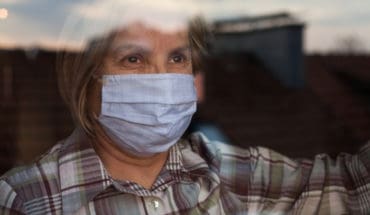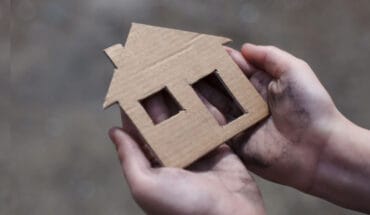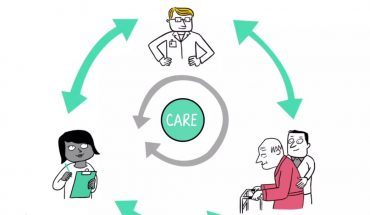Latest research suggests we are going through a sleep deprivation epidemic and we are getting between one to two hours less sleep than we were getting 60 years ago. On average adults need around 7-9 hours sleep each night while children need 9-13 hours sleep. However, although insomnia – that is characterised by difficulty falling and/or staying asleep – may be linked to the rising tide of obesity and even Alzheimer’s disease, it is not a reason to turn up at the local emergency department. ‘Insomnia isn’t a medical emergency and should be dealt with by your GP,’ says Emma Hammett, a qualified nurse and the founder of First Aid for Life, who says that people suffering from this problem will have to wait a long time to be seen and then will usually be sent home.
‘Insomnia isn’t a medical emergency and should be dealt with by your GP,’ says Emma Hammett, a qualified nurse and the founder of First Aid for Life, who says that people suffering from this problem will have to wait a long time to be seen and then will usually be sent home.
What can you do without going to A&E?
Dr Rangan Chatterjee, a GP based in Greater Manchester, suggests trying to follow the ‘No Tech 90’ rule. ‘I don’t use digital devices 90 minutes before I’m planning to go to sleep and I recommend this principle to everyone. It’s not just that scrolling through content and surfing online makes your brain go into overdrive just when it needs to be closing down. Blue wavelength light from computers, tablets and iphones is also a major disruptor of our bodies’ circadian rhythms because it reduces the production of the sleep hormone, melatonin.’
He also suggests limiting the amount of caffeine in your diet and avoid that night time tipple which will sedate you briefly but upset good quality, deep sleep.
Professor Kevin Morgan, a sleep expert and founder of the Clinical Sleep Research Unit at Loughborough University, says that people who suffer from insomnia need to ‘relearn’ good sleep habits, which include going to bed and waking up at similar times each day and preserving your sleepiness for bedtime.
For those who wake up in the middle of the night and can’t get back to sleep, he recommends leaving the bed altogether. ‘Avoid spending long periods awake in bed. Instead, get up and do something different. Go back to bed when you feel sleepy.’
For those who wake up in the middle of the night and can’t get back to sleep, he recommends leaving the bed altogether. ‘Avoid spending long periods awake in bed. Instead, get up and do something different. Go back to bed when you feel sleepy.’
People with chronic insomnia should talk to their GP who can carry out an evaluation including a physical exam and a sleep history. Keeping a sleep diary for one or two weeks can be invaluable. In extreme cases, it is possible to ask for a referral to a specialist sleep centre. Sleeping pills are only usually prescribed for a few day or weeks at most because they can cause serious side effects and become addictive.
Red flags
Insomnia should never be treated in A&E however severe insomnia can wreck mental health as well as physical wellbeing. ‘If someone is showing signs of psychiatric breakdown, this may require rapid admission to hospital for evaluation but this should be done through a GP referral,’ says A&E nurse Emma Hammett. When it comes to admitting people who are actually sleep walking, Hammett says she has never seen it, I certainly have never come across it and can’t see why anyone would. They usually wake up after a short period of time and they are not ill, so don’t need medical help.’
- Biden Declines Second Term: Health Concerns - 23rd July 2024
- New catheter coating stops bacteria cells from swarming - 10th June 2024
- AI-designed catheters could dramatically reduce urinary tract infections - 10th June 2024






